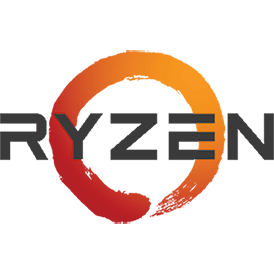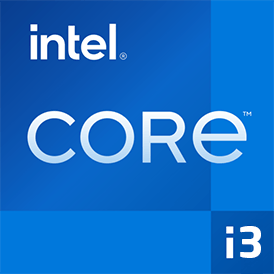
What's the best choice Intel Core i3-4160 or AMD Ryzen 7 5700G? Which processor is faster?
We have prepared a comparison to help you choose the best processor. Compare their specifications and benchmarks.
Intel Core i3-4160 has a maximum frequency of 3.60 GHz. 2 Cores. Power consumption of 54 W. Released in Q3/2014.
AMD Ryzen 7 5700G has a maximum frequency of 3.80 GHz. 8 Cores. Power consumption of 65 W. Released in Q2/2021.
 Reasons to consider
Reasons to consider Place in the overall ranking
(based on several benchmarks)
Performance per watt
times less performance per watt
Common positions Intel Core i3-4160 CPU in popular benchmarks, for comparison with other models.
 Reasons to consider
Reasons to consider Place in the overall ranking
(based on several benchmarks)
Higher clock speed
Around 5% better clock speed
More number of cores
About 4 times more cores
Common positions AMD Ryzen 7 5700G CPU in popular benchmarks, for comparison with other models.
 Intel Core i3-4160
Intel Core i3-4160

Background information about the processors being compared, series, generation and market segment.
Basic parameters such as number of cores, number of threads, base and turbo frequency, and cache size. These parameters indirectly tell about the speed of the processor, the higher they are the better.
Internal Graphics does not affect the performance of the CPU, performs the work of the graphics card in its absence or on mobile devices.
Built-in codecs used to encode and decode content. Significantly speeds up the required operations.
Types, channel quantity of RAM supported by AMD Ryzen 7 5700G and Intel Core i3-4160. Depending on the motherboards, higher or lower memory frequencies may be supported.
Compare the TDP requirements of TDP Intel Core i3-4160 and AMD Ryzen 7 5700G to select a cooling system. Note, the TDP value refers to thermal watts, not electrical watts.
Architecture, interfaces, additional instructions supported by Intel Core i3-4160 and Intel Core i3-4160, virtual machine technologies and process technology.
Based on the results of several benchmarks, you can more accurately estimate the difference in performance between Intel Core i3-4160 and AMD Ryzen 7 5700G.
Compare the synthetic test values and choose the best processor!